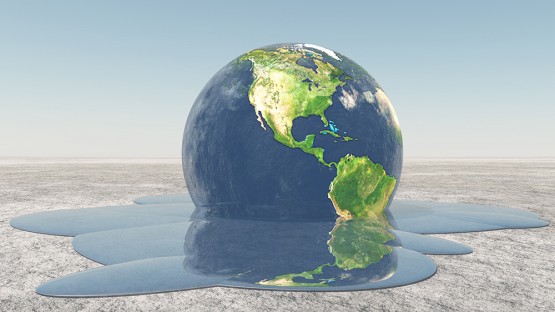justoffal
Diamond Member
- Jun 29, 2013
- 24,284
- 16,336
No....I mean integral...Do you perhaps mean differential calculus? The rate of luminosity change?
Magnification will make the curvature disappear, not the slope.
I missed the beginning of this conversation. I don't know what you see happening as a result of the sun's stellar evolution.
But I suppose either will do.
It's simple the sun's output is gaining...each daily loss of mass contributes to this process....it can't get to where it is going unless that happens...the increase in luminosity cannot be left out of the equation.

The sun won't die for 5 billion years, so why do humans have only 1 billion years left on Earth?
In a few billion years, the sun will become a red giant so large that it will engulf our planet. But the Earth will become uninhabitable much sooner than that. After about a billion years the sun will become hot enough to boil our oceans.
Last edited:


